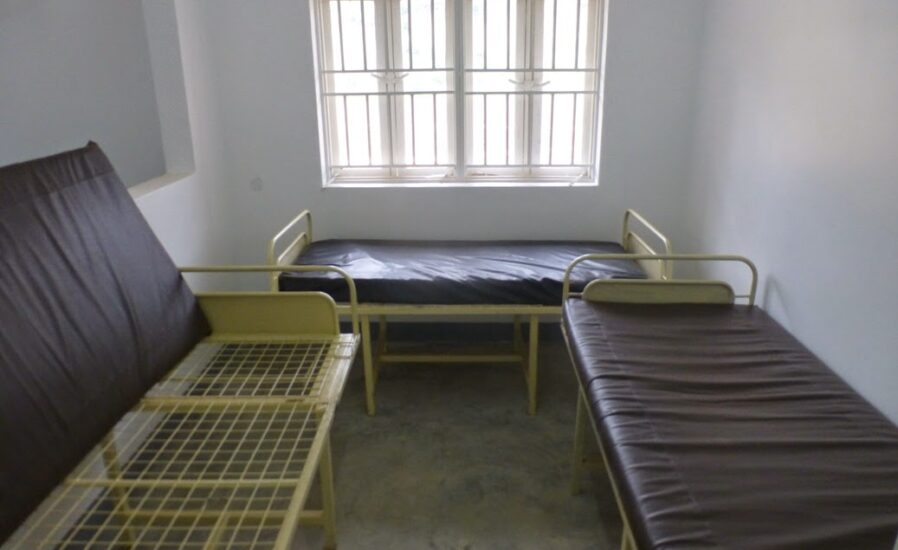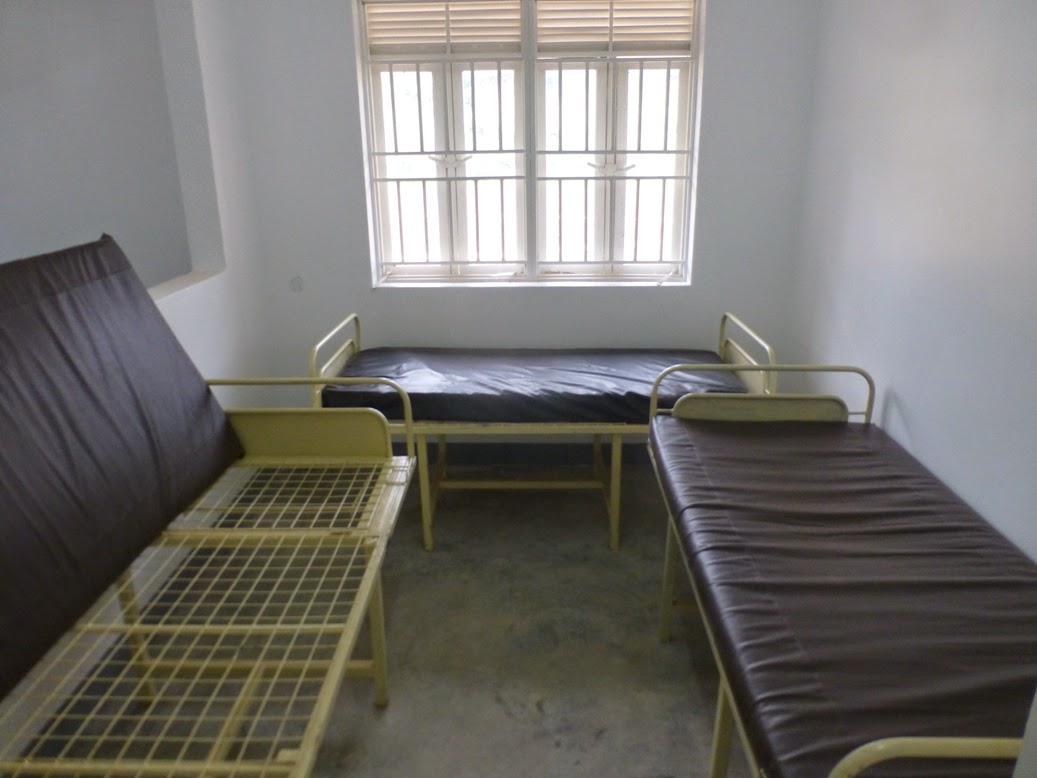
The Maternity Waiting Home (MWH) is a place where expectant mothers who are due stay as they wait for delivery.
The MWH was started to break transport and distance barriers to accessing maternal services
A cross-sectional survey carried out to in Zambia to determine the importance of MWHs as part of comprehensive approach to maternal and newborn care revealed immense benefits of the MWH. The use of a MWH was associated with increased odds of attending four or more antenatal care visits (OR = 1.45, 95% CI = 1.26, 1.68), attending all postnatal care check-ups (OR = 2.00, 95% CI = 1.29, 3.12) and taking measures to avoid pregnancy (OR = 1.31, 95% CI = 1.10, 1.55) when compared to participants who did not use a MWH.
Two mothers in a space of one week died on arrival at the hospital. They had spent hours trying to get to the hospital. As doctors, we were helpless. It was late. We couldn’t help!
Dr. Henry Lukabwe- Gynecologist- COU Kisiizi Hospital
Mothers rest
One of the big advantages of the mothers waiting home is that mothers get to rest. In the African rural setting, women are involved in agriculture. Even in pregnancy, they continue to execute their agricultural duties including planting, weeding and harvesting. Therefore, it is difficult for mothers to get some rest which is much needed during pregnancy. The mothers’ waiting home makes this possible.
I stayed at the COU Kisiizi mothers waiting home for 10 days. Nurses checked me every 6 hours. I had enough rest. My mind was at rest, so I was emotionally and mentally ready for delivery. When labour started at around 2:00am, I was in hospital and delivered my baby at around 4:00am. How different the outcome could have been if I was at my home, 45 km away from the hospital!
Kyobusingye Monica, Mother- Rukungiri district
At Stre@mline Ubuntu, we encourage that every hospital partner puts in place a MWH so that mothers in the cooperative can access this service as part of the benefits to the scheme.
Last modified: July 20, 2025


